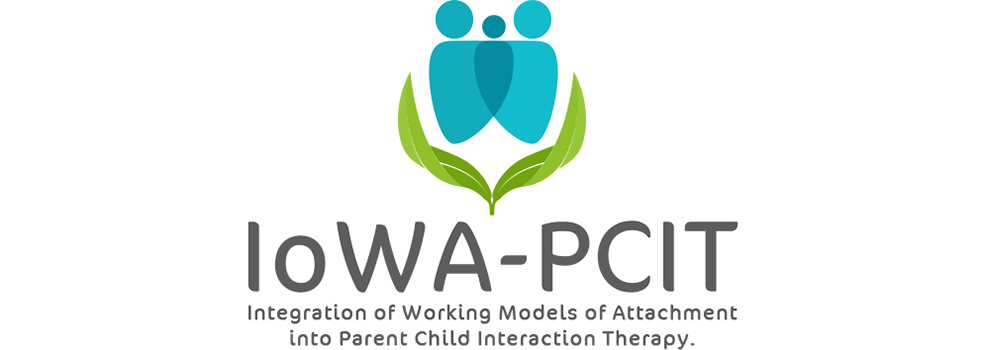
Ten to fifteen percent of children ages two to seven exhibit significant problems with disruptive behavior (e.g. defiance or aggression). Rates of disruptive behavior are even higher among children with a variety of risk factors (e.g. maltreatment, changes in caregivers, and/or in utero exposure to substances) or among children with other disorders (e.g. attention deficit hyperactivity disorder, intellectual disability, or autism spectrum disorders).
Parent-child interaction therapy (PCIT) is an evidence-based intervention designed to reduce disruptive behavior in children. The training and research program for PCIT at the University of Iowa strives to improve access to effective parent-child therapy. Parent-child interaction therapy (PCIT) works with parents and children together to promote positive parent-child relationships while decreasing the child’s behavior problems. Adaptations of parent-child interaction therapy can be used to address depression, separation anxiety disorder, and autism spectrum disorder.
A modification of PCIT, IoWA-PCIT (Integration of Working Models of Attachment into Parent-Child Interaction Therapy), was developed by Beth Troutman, PhD, clinical professor at the University of Iowa. IoWA-PCIT maintains the core defining features of PCIT while integrating findings from attachment theory research.
Our goal is for the families of young children exhibiting behavioral and emotional problems to be able to obtain effective interventions in their local communities.
|